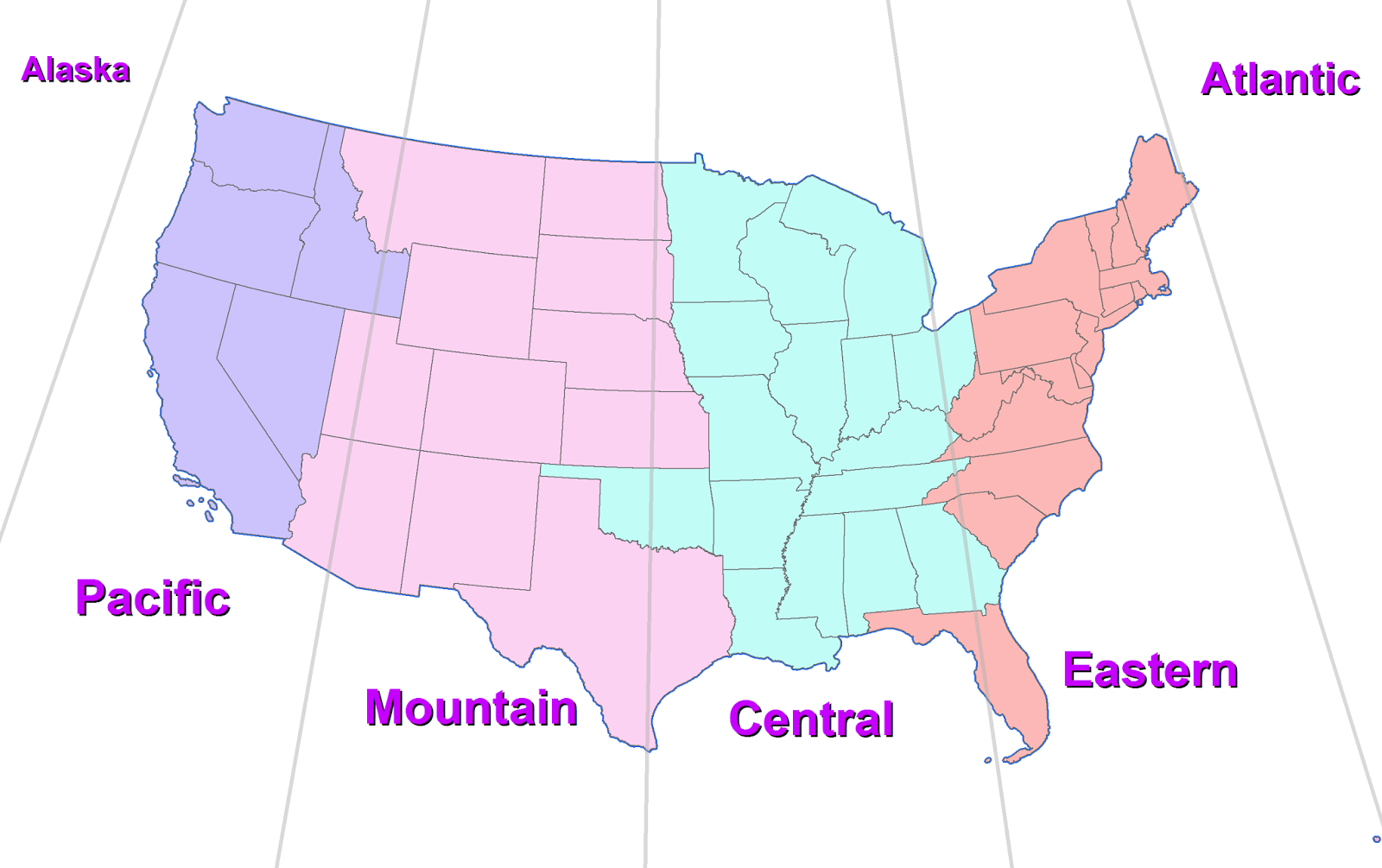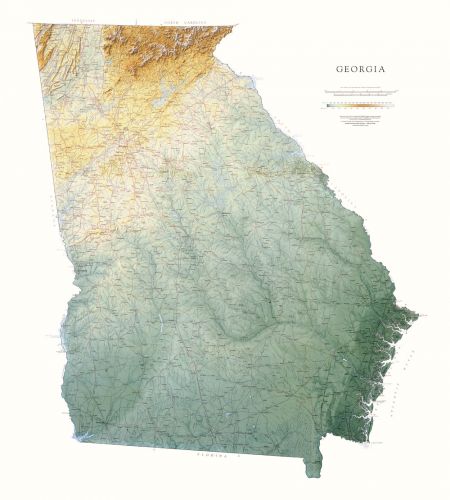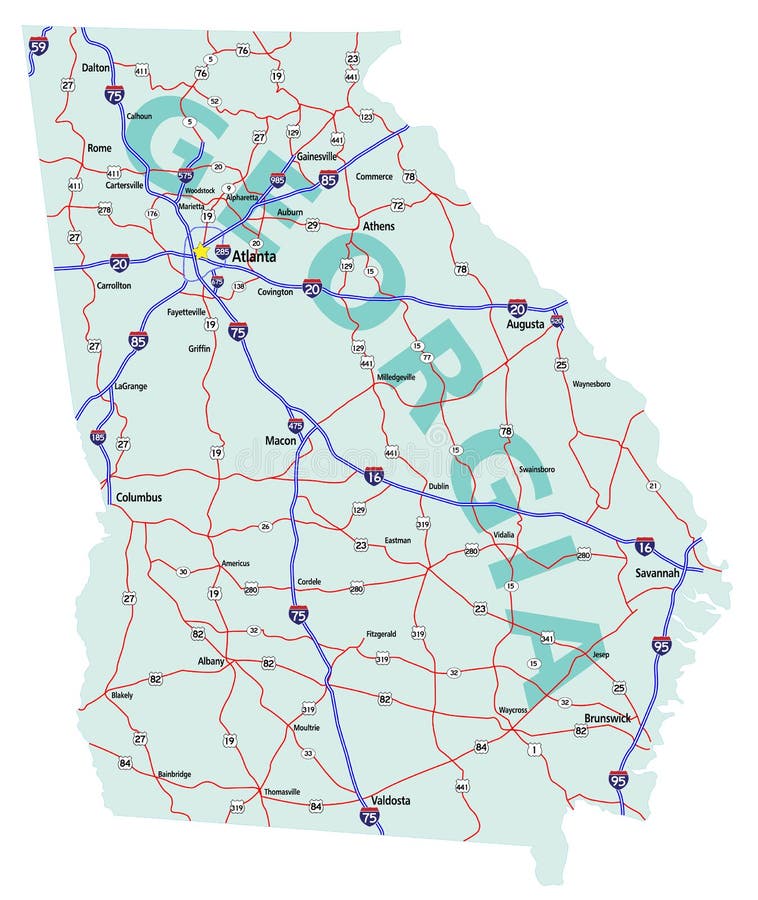
This term itself might have been established through the ancient Iranian appellation of the near- Caspian region, which was referred to as Gorgan ("land of the wolves"). Starting with the Persian word gurğ/ gurğān, the word was later adopted in numerous other languages, including Slavic and West European languages. Alexander Mikaberidze wrote that these century-old explanations for the word Georgia/ Georgians are rejected by the scholarly community, who point to the Persian word gurğ/ gurğān ( گرگ, 'wolf' ) as the root of the word. George amongst Georgians, while traveller Jean Chardin thought that Georgia came from Greek γεωργός ('tiller of the land'). Lore-based theories were given by the traveller Jacques de Vitry, who explained the name's origin by the popularity of St. Georgia probably stems from the Persian designation of the Georgians – gurğān, in the 11th and 12th centuries adapted via Syriac gurz-ān/ gurz-iyān and Arabic ĵurĵan/ ĵurzan. At the early stage of its appearance in the Latin world, it was not always written in the same transliteration, and the first consonant was being spelt with J as Jorgia. The first mention of the name spelled as Georgia is in Italian on the mappa mundi of Pietro Vesconte dated AD 1320. The country is a member of international organizations, such as the Council of Europe, the OSCE, Eurocontrol, the EDRB, the BSCE, the GUAM, the ADB, the WTO, and the Energy Community. It was one of the first countries in the world to legalize cannabis, becoming the only former-socialist state to do so. Economic reforms since independence have led to higher levels of economic freedom, as well as reductions in corruption indicators, poverty, and unemployment. It is a developing country with a very high human development. Georgia is a representative democracy governed as a unitary parliamentary republic. The country's Western orientation soon led to worsening relations with Russia, which culminated in the Russo-Georgian War of 2008 Russia has since been occupying a portion of Georgia.
GEORGIA TIME ZONE SERIES
Following the bloodless Rose Revolution in 2003, Georgia strongly pursued a pro- Western foreign policy it introduced a series of democratic and economic reforms aimed at integration into the European Union and NATO. For most of the subsequent decade, post-Soviet Georgia suffered from economic crisis, political instability, ethnic conflict, and secessionist wars in Abkhazia and South Ossetia. By the 1980s, an independence movement emerged and grew quickly, leading to Georgia's secession from the Soviet Union in April 1991. Following World War I, Georgia was invaded and annexed by the Soviet Union in 1922, becoming one of its constituent republics. In 1783, one of the Georgian kingdoms entered into an alliance with the Russian Empire, which proceeded to annex the territory of modern Georgia in a piecemeal fashion throughout the 19th century.Īfter the Russian Revolution in 1917, Georgia emerged as an independent republic under German protection.

Thereafter, the kingdom declined and eventually disintegrated under the hegemony of various regional powers, including the Mongols, the Turks, and various dynasties of Persia.

In the Middle Ages, the unified Kingdom of Georgia emerged and reached its Golden Age during the reign of King David IV and Queen Tamar in the 12th and early 13th centuries.

In the early 4th century, ethnic Georgians officially adopted Christianity, which contributed to the spiritual and political unification of the early Georgian states. Tbilisi is its capital as well as its largest city, home to roughly a third of the Georgian population.ĭuring the classical era, several independent kingdoms became established in what is now Georgia, such as Colchis and Iberia. The country covers an area of 69,700 square kilometres (26,900 sq mi), and has a population of 3.7 million people. It is part of the Caucasus region, bounded by the Black Sea to the west, by Russia to the north and east, by Turkey to the southwest, by Armenia to the south, and by Azerbaijan to the southeast. Georgia ( Georgian: საქართველო, romanized: Sakartvelo IPA: ( listen)) is a transcontinental country at the intersection of Eastern Europe and Western Asia.

^ Data not including occupied territories.


 0 kommentar(er)
0 kommentar(er)
